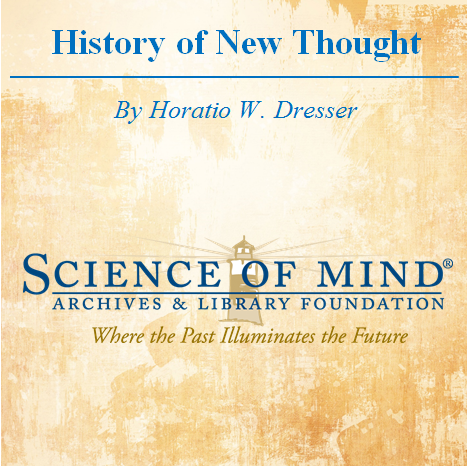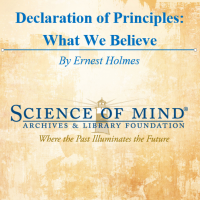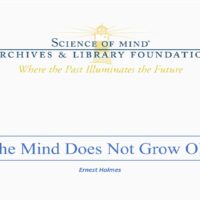Description
Author: Horatio W. Dresser
The Great War came as a vivid reminder that we live in a new age. We began to look back not only to explain the war and find a way to bring it to an end, but to see what tendencies were in process to lead us far beyond it. There were new issues to be met and we needed the new enlightenment to meet them. The war was only one of various signs of a new dispensation. It came not so much to prepare the way as to call attention to truths which we already possessed. The new age had been in process for some time. Different ones of us were trying to show in what way it was a new dispensation, what principles were most needed. What the war accomplished for us was to give us a new contrast. As a result we now see clearly that some of the tendencies of the nineteenth century which were most warmly praised are not so promising as we supposed. We had come to regard the nineteenth century as the age of the special sciences. We looked to science for enlightenment. We enjoyed new inventions without number, such as the steam-engine, the electric telegraph, the telephone, and our life centered more and more about these. But the nation having most to do with preparation for the war was the one which made the greatest use of the special sciences. Modern science was in fact materialized for the benefit of a military party. As a result of our study of the war many of us are now more interested in higher branches of knowledge than in the special sciences. We insist that science is for use, and we reserve the right to say what that use shall be. We have lost interest in science not explicitly employed for moral ends.
Again, we called attention to the nineteenth century with great pride as the age of the philosophy of evolution. We put our hopes in that philosophy. We expected it to explain the great mysteries. We wrote history anew, we issued new textbooks, and in a thousand ways adapted our thought to the great idea of gradual development. But while the new philosophy accomplished wonders for us in so far as it showed the reign of law, the uniformity of nature, the immanence of all causality, it deprived us of our former belief in the divine purpose. Taken literally, it led us to regard nature as self-operative. We had to work our way back to the divine providence. We realized that evolutionism was simply a new form of materialism. We carried forward from the nineteenth century into the twentieth many great problems of life and mind not yet solved. The philosophy of evolution has come to stay, but not even in the form of Bergson’s interpretation is it satisfactory.




